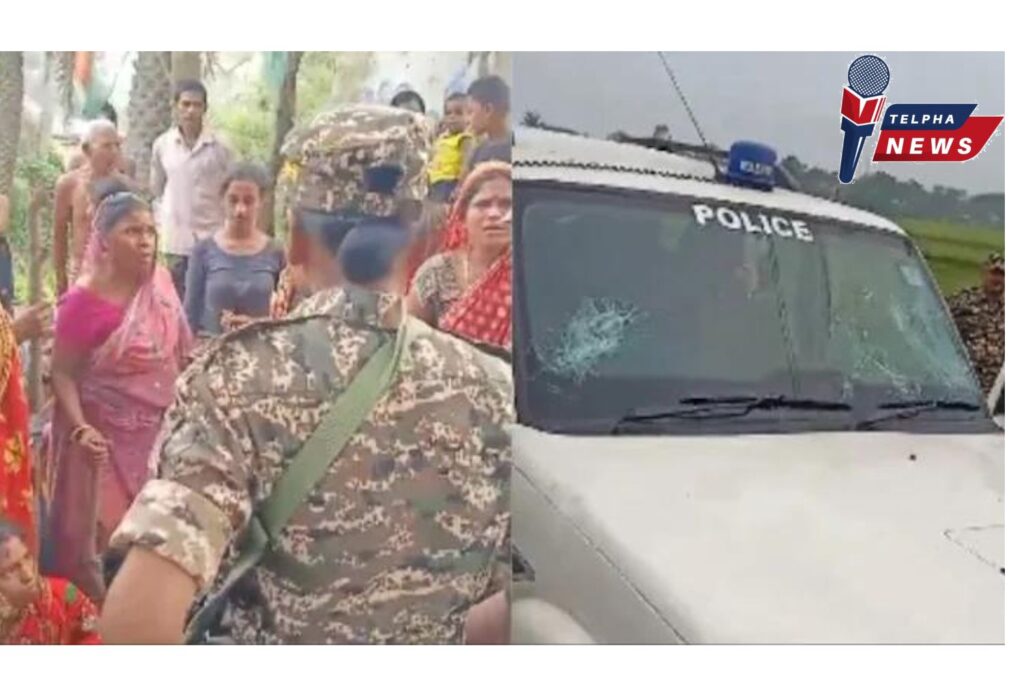
Introduction:
In the heart of Bengal’s political landscape, a recent clash between the Trinamool Congress (TMC) and the National Investigation Agency (NIA) has set ablaze a political firestorm, stirring tensions as the state braces for pivotal elections. This clash, stemming from an NIA raid in the Bhupatinagar area, has unleashed a torrent of accusations, counter-accusations, and strategic maneuvers, captivating the attention of the nation.
Understanding the Context:
On April 6, an NIA task force, hot on the trail of the 2022 Bhupatinagar bomb blast, encountered unforeseen resistance during a raid, culminating in a clash with local residents. The incident took an alarming turn with allegations of molestation leveled against NIA officials by the wife of a detained TMC leader, further exacerbating an already volatile situation.
The Political Fallout:
In the ensuing aftermath, the TMC swiftly pointed fingers, accusing the NIA of orchestrating a nefarious alliance with the Bharatiya Janata Party (BJP) to target its leaders ahead of the looming Lok Sabha polls. In sharp rebuttal, the NIA vehemently refuted these claims, asserting the legality and integrity of their operation.
Prime Minister Narendra Modi’s condemnation of the TMC, citing purported assaults on democratic institutions, injected additional fervor into the fray, sparking a verbal duel between the two factions, each questioning the other’s motives and integrity.
Bengal’s Chief Minister, Mamata Banerjee, emerged as a vocal critic of central agencies, denouncing what she perceives as overreach and intimidation tactics orchestrated by the BJP. She passionately argues that such actions endanger the rights and safety of citizens, particularly women.
In stark contrast, the BJP rallied behind the NIA, dismissing TMC’s accusations as baseless and politically motivated. Prominent leaders like Suvendu Adhikari castigate Mamata Banerjee for allegedly fanning the flames of violence and undermining the authority of central agencies.
Conclusion:
The clash between the TMC and the NIA in Bengal serves as a poignant reminder of the volatile nature of Indian politics, where allegations of misconduct and abuse of power loom large. As the electoral battleground intensifies, the impact of this controversy on voter sentiments and political dynamics remains uncertain. In the midst of this tumult, it is imperative to sift through the rhetoric, discern fact from conjecture, and uphold the principles of accountability and transparency in governance.